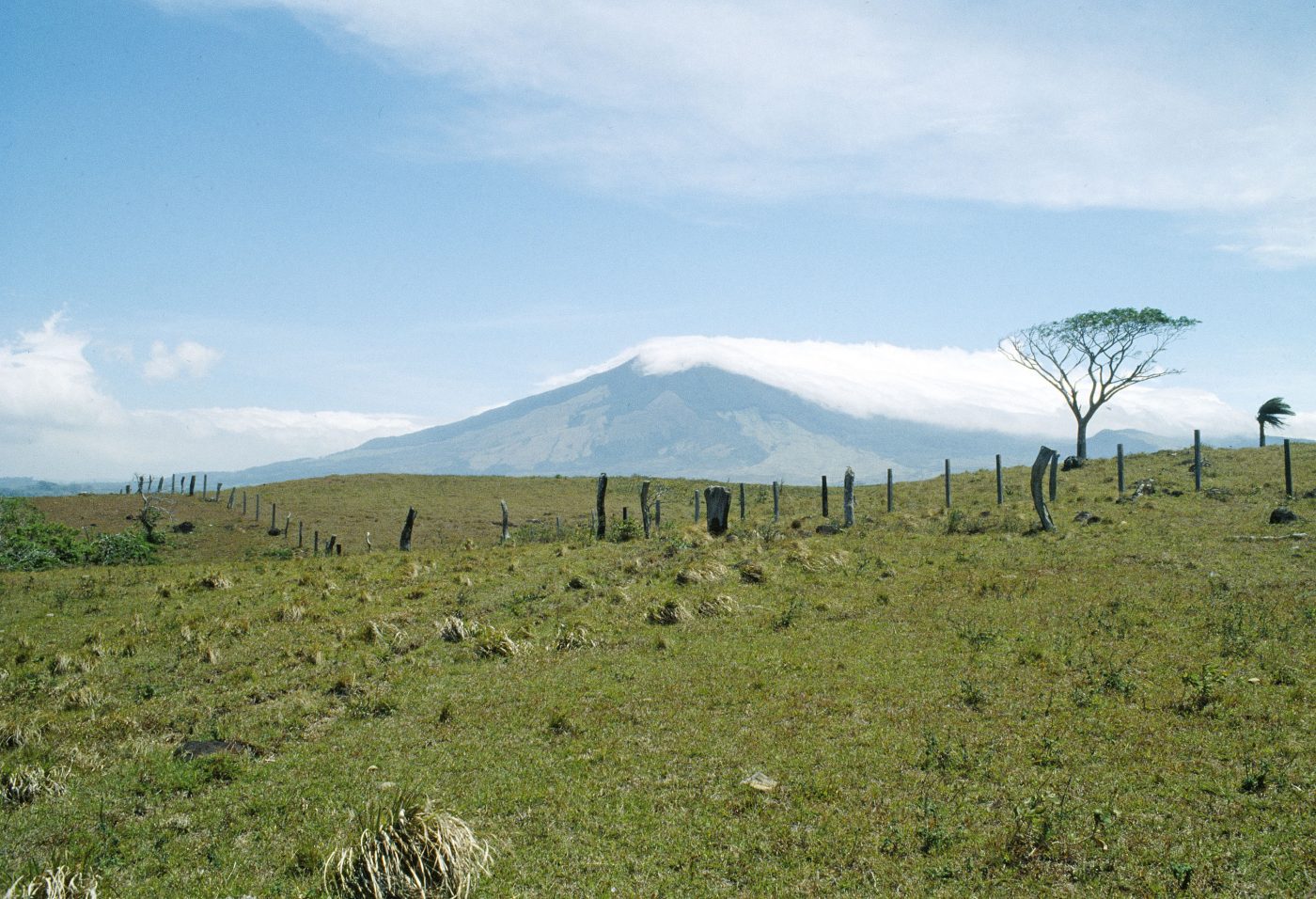
High-level Meeting on Modelling Tools for Sustainable Development Policies
A High-Level Meeting on ‘Modelling Tools for Sustainable Development Policies’ was held in the premises of the International Centre for Theoretical Physics (ICTP) in Trieste (29-30 June) to discuss the role of integrated modelling in informing policy decisions for the implementation of the 2030 Agenda for Sustainable Development.
The meeting marked the culmination of the Summer School on Modelling Tools for Sustainable Development, a three-week intensive training program where technical government officials from eight countries in Africa, Latin America and Asia, fully engaged in the development of a country level model focused on the interlinkages among climate, land-use, energy and water systems.
Jointly organized by UN-DESA, UNDP, the Royal Institute of Technology in Sweden (KTH), ICTP and Cambridge University, the meeting brought together government representatives from developing countries in Africa, Latin America, and Asia, with senior officers from the UN system and renowned academics from Asia, Australia, Europe and North America. This gathering of a diverse audience provided an opportunity to engage in an open discussion on the significant role of science in providing inputs for sustainable development policies and the importance of strengthening in-country capacity to use and develop science-based modelling tools.
 “Over the last 12 years UN-DESA has contributed to strengthen governments’ capacity to use modelling tools to inform policy decisions,” said Diana Alarcon, Chief Global Economic Monitoring, UN-DESA. “Bringing cutting edge technology and research to policy-making, our goal is to strengthen the science-policy interface”.
“Over the last 12 years UN-DESA has contributed to strengthen governments’ capacity to use modelling tools to inform policy decisions,” said Diana Alarcon, Chief Global Economic Monitoring, UN-DESA. “Bringing cutting edge technology and research to policy-making, our goal is to strengthen the science-policy interface”.
Costa Rica is one of the countries where UN-DESA has built capacities on the use of modelling tools to inform sustainable development policies. Pilar Garrido, Deputy-Minister of Planning and Economic Policy of Costa Rica highlighted that “investing in modelling and linking it with policy is actually one of the most important elements for implementing the SDGs. It is a long-term relationship, it is investing in our countries capabilities to build sustainable, coherent and evidence based policies. I think this effort needs to be sustained overtime.”
The meeting provided deep understanding of the way modelling tools inform national policy decisions, and the need to expedite a fundamental shift towards cross-sectorial analyses and integrated policy making for the successful implementation of the SDGs.

Follow Us